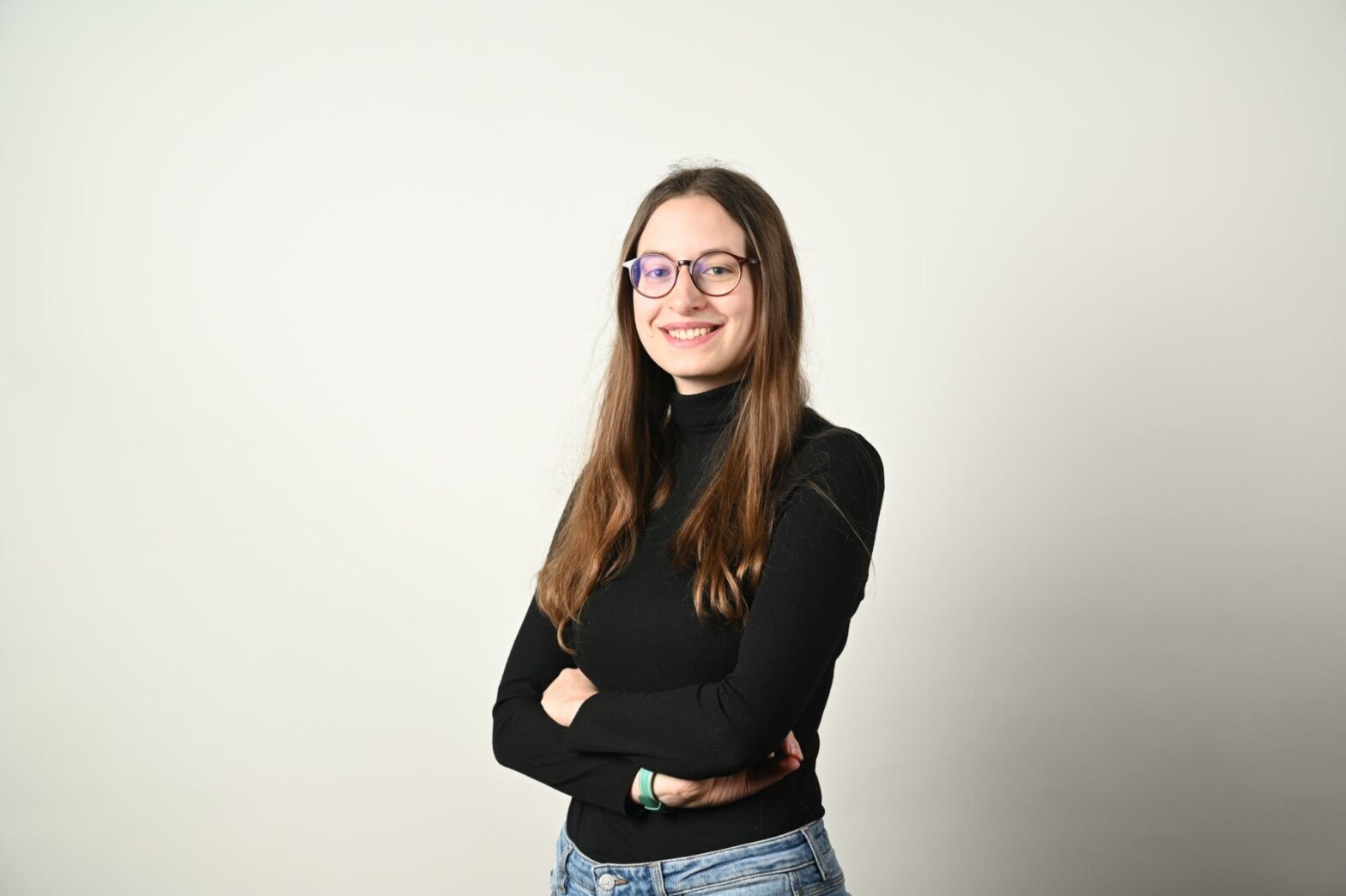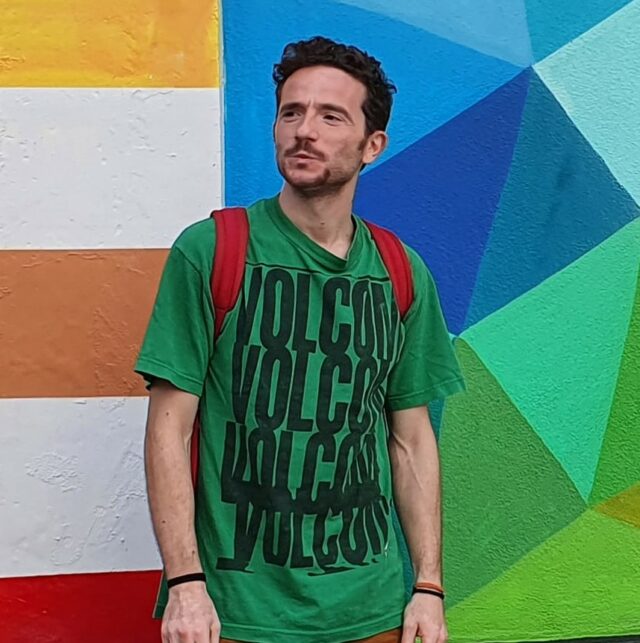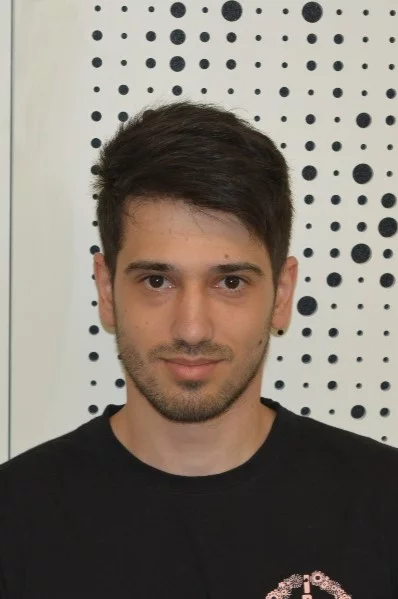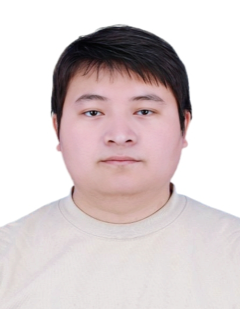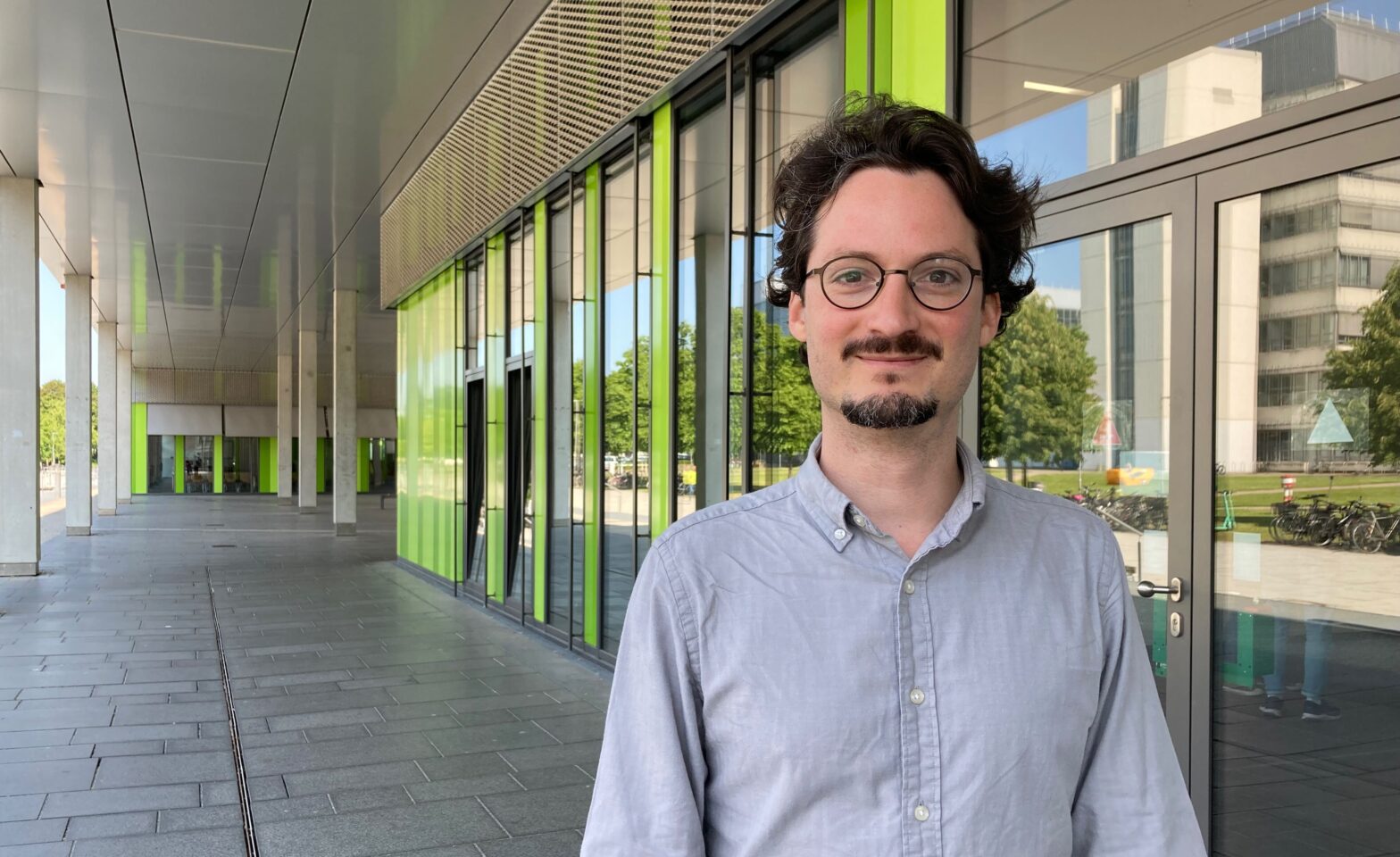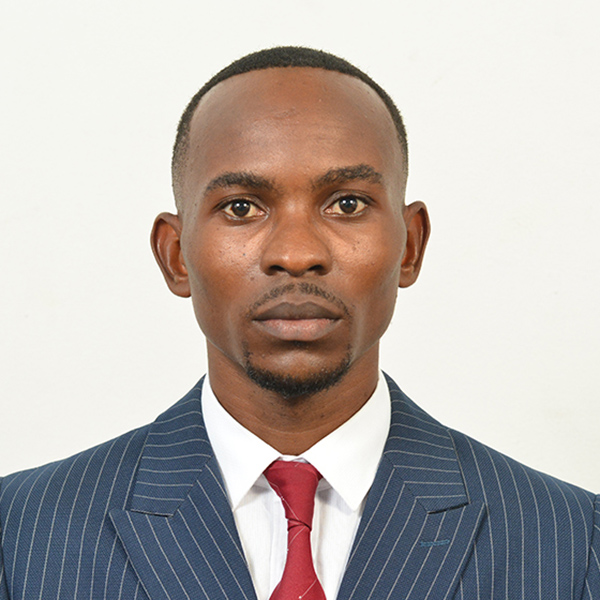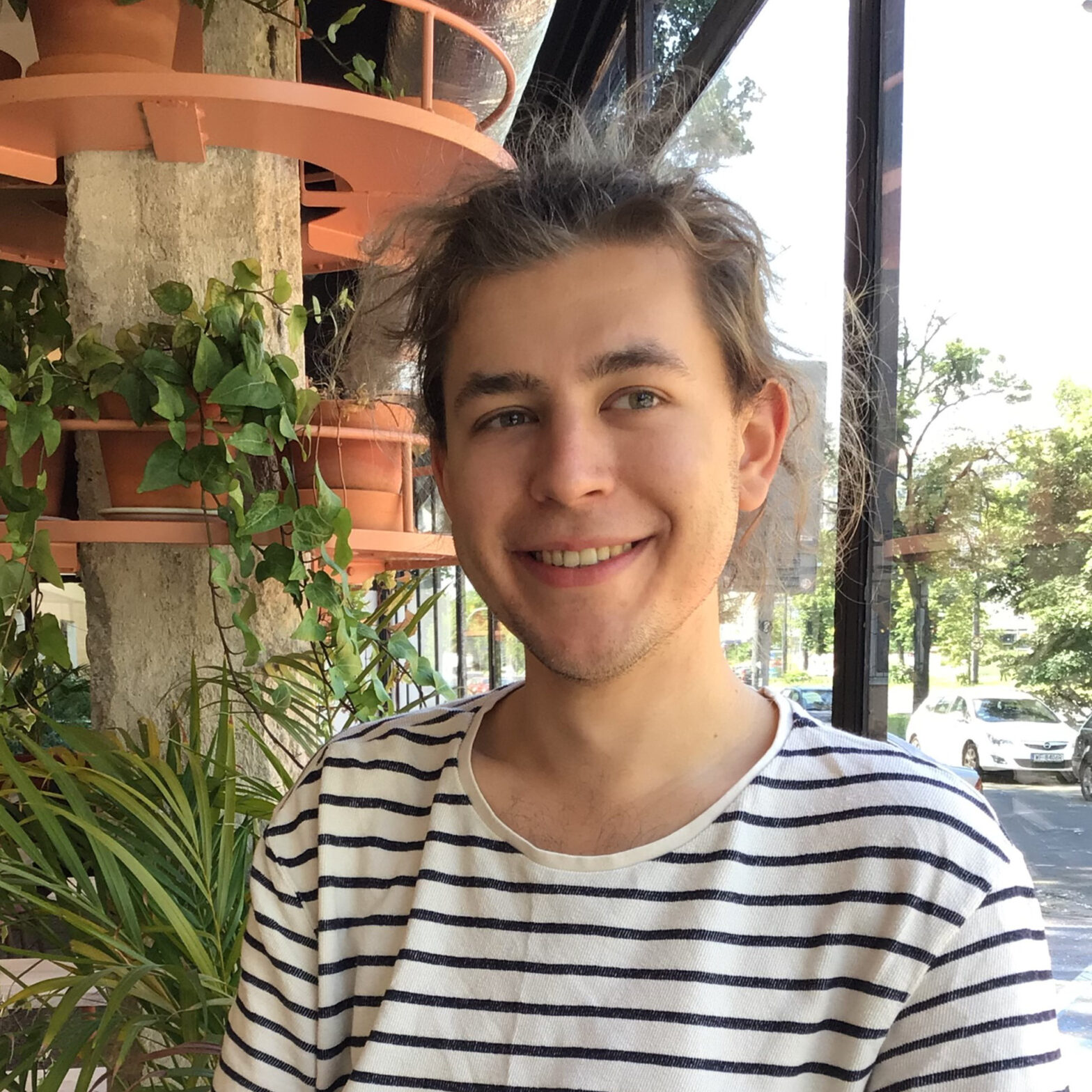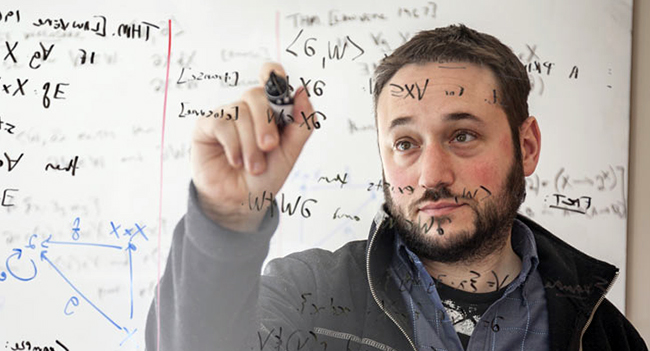Biography
Victoria Van Gheem studied philosophy at UCLouvain. She earned a master’s degree in philosophy in 2024 with a thesis in feminist epistemology, focusing on feminist critiques of scientific objectivity. She began a PhD the same year as a research assistant at UCLouvain. Her dissertation project connects the philosophy of medicine, logic, and epistemology.
Victoria’s project
Victoria Van Gheem’s project focuses on the concept of normativity in medical reasoning. Medicine, as a discipline, holds a unique status: it is both a science and a practical and therapeutic discipline. In its practical sense, medicine carries significant normative elements. One of the main goals of medicine is to heal, moving from a state deemed undesirable to one considered beneficial. As a result, clinical reasoning is shaped by numerous normative judgments, some explicit and others more implicit (Trnka, 2003).
However, the current view of medicine tends to emphasize its scientific aspects, often disregarding the role of normativity. This view is supported by evidence-based medicine (EBM), an epistemological position advocating that medical practices and decisions should primarily rely on data from fundamental medical research and epidemiology (Sackett, 1997). By prioritizing this data, evidence-based medicine fails to adequately account for the normative dimension of medicine, and thus clinical reasoning (Solomon, 2011).
Currently, medicine, guided by the ideals of evidence-based medicine, pursues an objective and systematic approach to knowledge (Sackett & Rosenberg, 1995; Solomon, 2011). However, it is impossible to fully account for clinical reasoning without appealing to normativity.
To bring normativity back to the forefront of medical reasoning, Victoria Van Gheem will explore several formal logic approaches that could clarify how and where normativity comes into play when medical reasoning occurs. The project will be structured in two parts: first, an analysis of the role normativity has played in medicine and the philosophy of medicine, along with the issues it raises, in order to understand what needs to be considered when dealing with medical reasoning and normativity. Then, based on this, the development of logical hypotheses that could more explicitly incorporate normativity and normative judgments.

